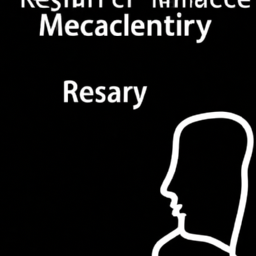Recent changes to federal law have given banks and credit unions more freedom when it comes to hiring people with criminal histories. This is a welcome change, as it makes it easier for those with a criminal record to find employment. However, it is important to note that these changes do not give banks and credit unions carte blanche when it comes to hiring people with criminal histories. There are still certain restrictions that must be adhered to.
The new law, which was recently signed into effect by President Joe Biden, loosens restrictions on banks and credit unions when considering applicants with a criminal history. This does not mean that banks and credit unions are now able to overlook any and all criminal histories, though. There are still specific guidelines that must be followed.
The first step in the hiring process is for banks and credit unions to examine the nature of the applicant’s criminal offense. The type of offense is important, as there are certain offenses that are not eligible for hiring consideration. For example, financial institutions are not allowed to hire individuals with felony convictions involving fraud, embezzlement, or money laundering.
In addition to examining the nature of the offense, financial institutions must also consider the amount of time that has elapsed since the conviction. Generally, banks and credit unions are advised to consider applicants who have been convicted of a crime more than seven years prior to the date of the application. In some cases, though, a shorter time period may be acceptable.
It is also important to note that banks and credit unions are not required to hire any applicant with a criminal history. Instead, they should use their discretion and make a decision based on the facts of the individual’s case. This means that banks and credit unions must evaluate each case on its own merits, rather than making blanket decisions.
Finally, banks and credit unions must also consider other factors when making a hiring decision. These include the applicant’s current employment status, education, and work history. It is important to note that some states have laws that prohibit employers from inquiring about an applicant’s criminal history until after a conditional offer of employment has been made.
In conclusion, it is important to remember that banks and credit unions are now able to consider applicants with a criminal history under certain conditions. However, it is also important to remember that applicants must still meet certain criteria before they can be considered for employment. Banks and credit unions must use their discretion when considering applicants and should make decisions on a case-by-case basis.



